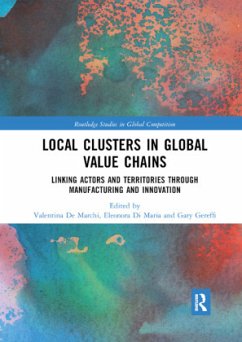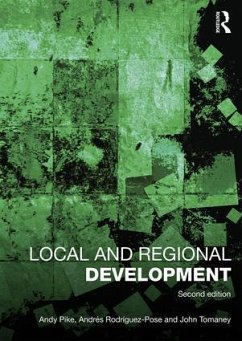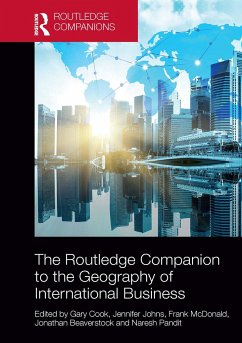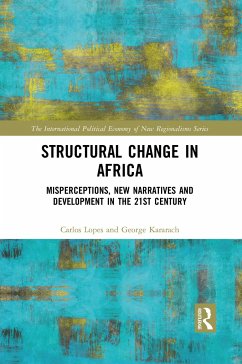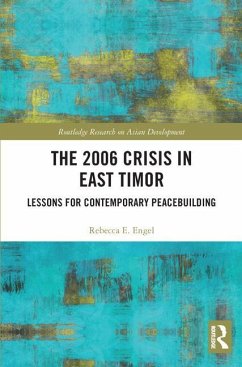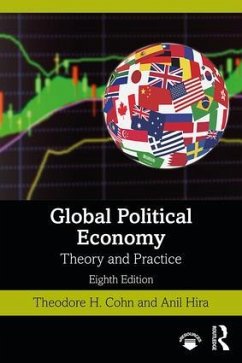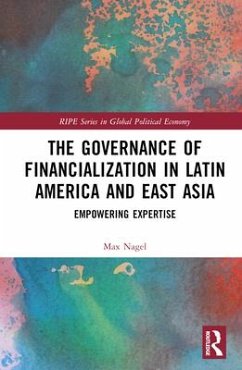
Global Value Chains and Global Production Networks
Changes in the International Political Economy
Herausgegeben: Neilson, Jeffrey; Pritchard, Bill; Yeung Wai-Chung, Henry
Versandkostenfrei!
Versandfertig in 6-10 Tagen
54,99 €
inkl. MwSt.
Weitere Ausgaben:

PAYBACK Punkte
27 °P sammeln!
The global economic system is experiencing a profound period of rapid change. The emergence of globalised production and distribution systems, which bring together diverse constellations of economic actors through a complex regime of global corporate governance, state regulation and new international divisions of labour, demands corresponding and innovative explanatory models. Global value chains (GVCs) and global production networks (GPNs) have been particularly useful as conceptual frameworks for understanding the global market engagement of firms, regions and nations. This book examines the...
The global economic system is experiencing a profound period of rapid change. The emergence of globalised production and distribution systems, which bring together diverse constellations of economic actors through a complex regime of global corporate governance, state regulation and new international divisions of labour, demands corresponding and innovative explanatory models. Global value chains (GVCs) and global production networks (GPNs) have been particularly useful as conceptual frameworks for understanding the global market engagement of firms, regions and nations. This book examines the rise of GVCs and GPNs as dominant features of the international political economy. It brings together leading thinkers in the field and sets out new directions for future scholarship in understanding the contemporary global economic system. In doing so, this book makes a significant contribution to our understanding of the international political economy and the global economic system in the post-Washington Consensus era of contemporary capitalism.
This book was published as a special issue of the Review of International Political Economy.
This book was published as a special issue of the Review of International Political Economy.





